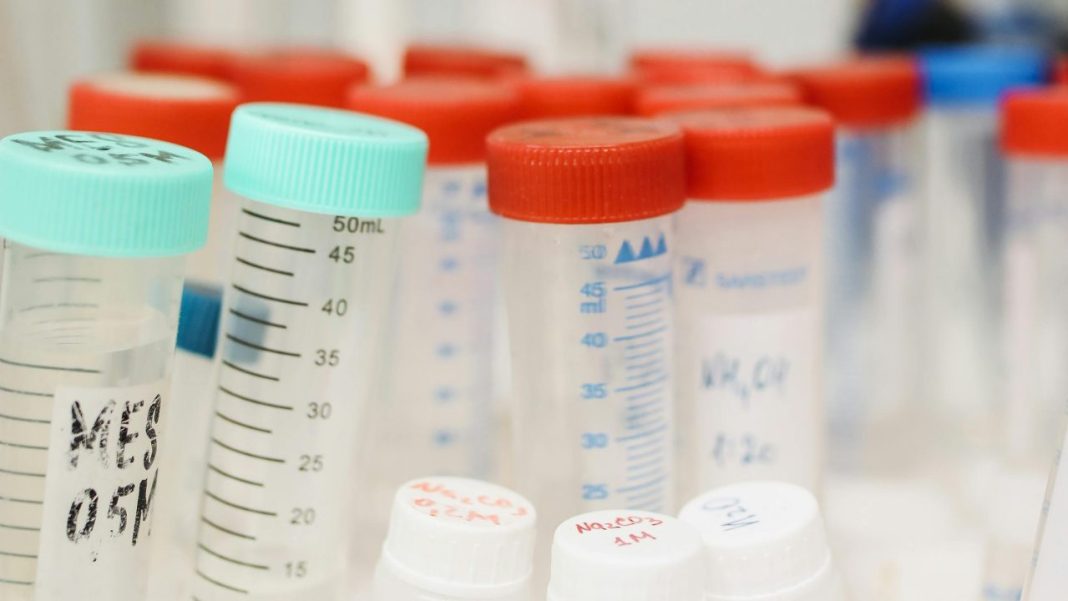A team of researchers from Oxford University has used machine learning to develop a new blood test, called TriOx, that can detect 6 forms of early stage cancer. This breakthrough enables the detection of multiple cancers at their earliest and most challenging stages. Early detection is crucial as it allows for easier treatment and can reduce the financial burden on the healthcare system.
The study focused on 6 cancer types: colorectal, oesophageal, pancreatic, renal, ovarian, and breast. It showed the capacity to identify cancers, including early-stage ones, and differentiate between individuals with and without cancer, with a sensitivity of 94.9% and a specificity of 88.8%.
Scientists combined an advanced DNA analysis technique called TAPS with machine learning to analyse various characteristics of the DNA circulating in the bloodstream. This approach significantly improves the detection of small amounts of cancer DNA, making it highly effective in identification.
There has been a growing body of research on “liquid biopsies” as a more non–invasive option compared to traditional diagnostic methods. However, while other liquid biopsy tests are limited by only looking at certain parts of the genome, Trioxide allows scientists to look at the whole genome. Dr Dimitris Vavoulis, co–lead researcher, said: “Current screening methods are limited to a few cancers and are often invasive, deterring many from regular checks.”
Dr Vavoulis went on to say: “We envision that a simple blood draw could eventually be all that’s needed to screen for multiple cancers, giving patients and doctors a faster, more convenient tool to stay ahead of the disease.”
The research team is now developing and validating the test across more cancer types and larger patient groups. While the test is still currently in development, co–lead researcher Anna Schuh says it “has the potential to improve survival rates for millions worldwide.”


